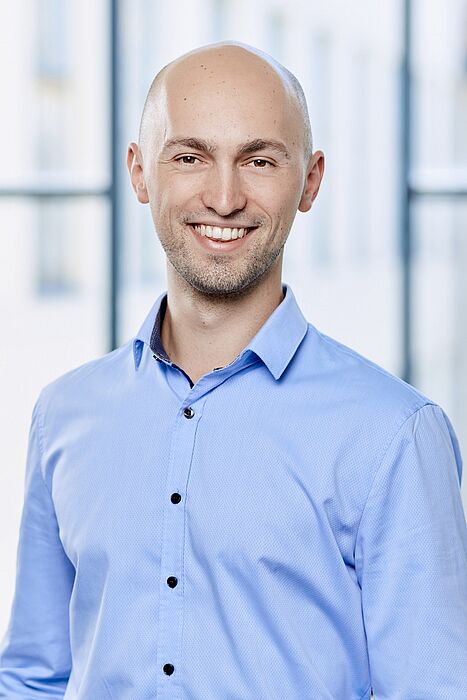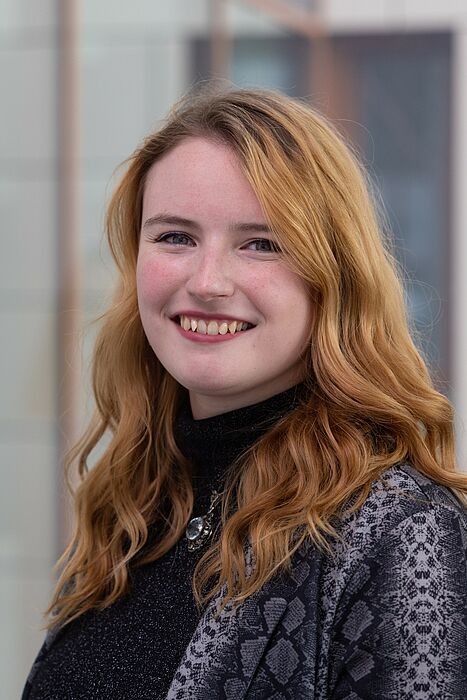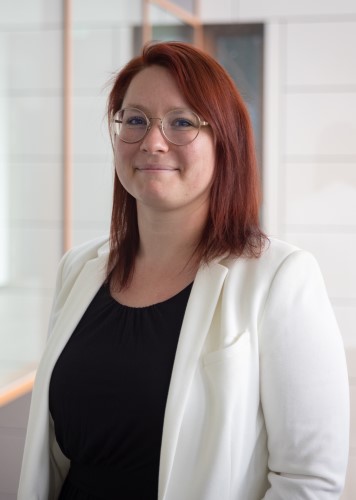Understanding and how it can be considered in different explanatory contexts is the starting point of this year's 2nd TRR Conference "Measuring Understanding" of the Collaborative Research Center Transregio (SFB/TRR) 318 of the Bielefeld and Paderborn Universities, which will take place on November 6 and 7 in Paderborn. International scientists will exchange their current research work and approaches. The two renowned keynote speakers Dr. Sylvaine Tuncer from King's Business School at the King's College in London and Professor Dr. Niels Taatgen from the Institute of Computer Science and AI at the University of Groningen will provide participants with further scientific impulses.
"There is a growing recognition in XAI research that understanding is essential for successful explanation," explains Josephine Beryl Fisher of the conference organizing team, "Accordingly, the conference topics include various methods and tools for assessing and measuring understanding in a variety of contexts." A fundamental consideration, she said, is that these same contexts will shape the understanding needed. The following frames of reference would therefore be focused on: (a) dyadic everyday explanations, (b) the context of interpretability and explainability of AI systems, and (c) institutional environments.
The focus of the contributions at the conference will be on the methodological challenge of how to measure and operationalize understanding in different explanatory contexts, including human-human interaction and human-machine interaction. Furthermore, the question of what implications these measurements have for XAI (short for: Explainable Artificial Intelligence) will be discussed.
Talks on methods of analyzing understanding and how understanding is constructed.
Dr. Sylvaine Tuncer (London) will speak on "Unpacking understanding in interaction: Video studies of technologies in use: Video studies of technologies in use"). In her talk, she will show how qualitative video analysis can respond to some of the methodological challenges in studying "understanding" and "explaining" in interaction. Among other things, she will suggest ways to re-specify understanding and explaining as continuous, collaborative performances, and Tuncer will discuss what different data collection methods make possible in this regard.
The presentation by Prof. Dr. Niels Taatgen (Groningen) is entitled "Cognitive skills: the building blocks of human intelligence". Taatgen points out that humans have the remarkable ability to perform new tasks, sometimes with little or no guidance. According to Taatgen, people can assemble the knowledge required for this task from cognitive abilities as building blocks. In his talk, he would like to report on a pilot study from the Netherlands, which found that when students took a test on specific mathematical topics, they did not differ in their mastery of those topics, but rather in more general basic skills such as general arithmetic skills, reading skills, and multilevel thinking.
Further program
In addition to a poster exhibition and a workshop on "Understanding", the conference program also includes various research tracks and an oral session. For the first time, there will be a Science Slam at the conference, moderated by Karsten Strack. Researchers from different disciplines (psychology and linguistics) will give impressions of their research and their scientific everyday life - in lyrical form and packed with humor. Admission to the Science Slam is free and the event can be attended separately from the conference. Advance registration is possible by sending an email to conference@trr318.uni-paderborn.de.
Journalists are welcome to cover the event.
Further information:
Website of the SFB TRR 318
Website of the conference "Measuring Understanding”
Contact:
Josephine Beryl Fisher, Paderborn University
KW, Psycholinguistics



